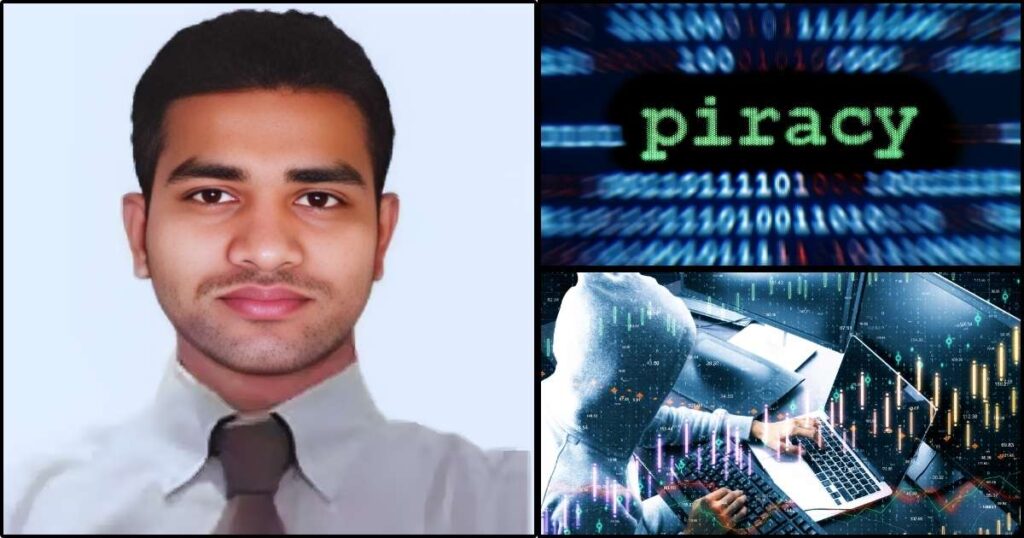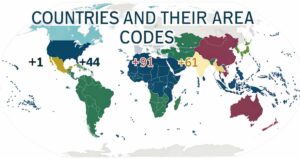The Piracy Kingpin’s Lavish Life and Digital Empire: How iBomma Founder Immadi Ravi Was Tracked Down
4 min read
Exclusive: Hyderabad Police Unravel the $20 Crore ‘iBomma’ Racket and the Global Lifestyle of its Mastermind
HYDERABAD: The sensational arrest of Immadi Ravi, the man behind the infamous movie piracy platform iBomma/Bappam, has pulled back the curtain on a sophisticated, multi-crore digital crime syndicate, revealing a trail of ill-gotten wealth, international servers, and a massive network linking piracy to illegal online betting.
The Kingpin’s Globe-Trotting Lifestyle
According to Hyderabad Additional Commissioner of Police (ACP) M Srinivasulu, 39-year-old Immadi Ravi, a native of Visakhapatnam and a citizen of Saint Kitts and Nevis, lived a life of staggering luxury.
“Ravi lived a lavish, globe-trotting lifestyle, travelling to a new country almost every week,” ACP Srinivasulu revealed during a recent media briefing.
While Ravi’s public profile suggested an elusive criminal, the police probe, which culminated in his arrest on November 14th after he arrived from France, painted a picture of a tech-savvy operator who leveraged his background in web development to build an empire on illegal movie content.
Deconstructing the iBomma Digital Ecosystem
The police investigation, fortified during Ravi’s recent five-day custody questioning, has clarified the mechanics of the iBomma operation:
1. Content Sourcing and Quality Control
- Not Direct Piracy: ACP Srinivasulu clarified that Ravi did not directly pirate the films. Instead, he sourced them from various websites and Telegram channels.
- Quality Enhancement: A key element of the operation was an outsourced team, reportedly based on a Caribbean island, that was responsible for enhancing the quality of the pirated content before it was uploaded to iBomma.
2. Global Infrastructure and Concealment
- Server Locations: Ravi operated his primary servers in secure locations in the Netherlands and Switzerland.
- Domain Registration: In a critical lapse, Ravi initially registered the iBomma domain using his own email ID, debit card, and personal details through a company named Njalla, which investigators believe proves undeniable ownership.
- Backend Hosting: The website was later hosted via IPVolume, which supplied the necessary backend infrastructure. To evade authorities, Ravi created dozens of alternate domains (mirror sites) and utilized techniques like Cloudflare masking.
3. The Content Management System (CMS)
Ravi deployed a dedicated Content Management System (CMS) to maintain tight control over the platform. This system was used to:
- Control content placement.
- Manage the display of intrusive ad pop-ups.
- Implement crucial user redirection scripts.
4. Daily Operations
- Outsourced Updates: Multiple outsourced operators handled the routine updates of the platform.
- Pre-Upload Process: Before a film went live, Ravi designed a poster-often with the help of an accomplice named Nikhil (who was paid ₹50,000 monthly)-and prepared two links: one for streaming and one for downloading.
The Multi-Crore Revenue Model: Piracy Feeds Betting
The real money-making engine of iBomma was its aggressive advertising strategy, linking massive traffic from piracy to illegal online gambling.
- Forced Redirection: Every time a user clicked a movie link, a backend script immediately redirected them to platforms for online gaming and illegal betting (such as 1win and 1xbet) before granting access to the film. Users were relentlessly exposed to these ads.
- Massive Payouts: With lakhs of daily visitors and approximately 5 million monthly users at its peak during the COVID-19 lockdown, iBomma generated massive traffic, for which the betting and gaming platforms paid heavily. Ravi allegedly earned up to $50,000 for every one lakh views through betting bids.
- Money Flow: The substantial ad revenue was routed through international ad networks like AdCash and Adsterra to Ravi’s advertising entity, AdBull. Payments were made in the cryptocurrency USDT, which was then converted into Indian currency and deposited into his bank accounts.
The Scale of the Loss and Seizure
The investigation revealed that Ravi had earned approximately ₹20 crore through his operations, which he used to purchase flats and plots. Police have so far frozen roughly ₹3.5 crore in his bank accounts. The seized hard drives contain nearly 21,000 films in multiple languages. Ravi is accused of causing losses worth thousands of crores to the Telugu film industry alone.
The Takedown: Investigative Persistence
Police confirmed that Ravi himself had shut down the main iBomma sites, although mirror versions still appear. The final key to his arrest was a detailed investigative effort:
- Data Trail: Investigators focused on a complete analysis of the money flow, advertising links, his involvement in betting applications, and the wider data trail.
- Tracking and Surveillance: Officers tracked Ravi’s movements for weeks, tracing his phone numbers and monitoring his contacts.
- Crucial Tip: Surveillance on one associate led the police to a key device, where a message was found confirming that Ravi was in Hyderabad after arriving from France. This allowed Cyber Crimes police to close in on him, leading to his arrest in Kukatpally.
Ravi, who was subjected to five days of custody questioning, was subsequently sent to a 14-day judicial remand by the Nampally court on Wednesday, November 26. He faces a total of five cases registered by the cybercrime police.






